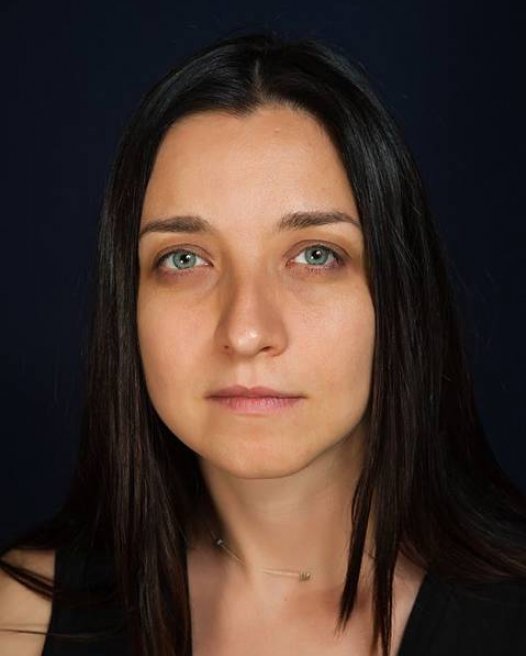People, Gods and other Creatures
A group of former Russian nuclear scientist has settled on a small Greek island with about 60 inhabitants. These "Russians", as the locals call them, had a promising future in the USSR or in the West. But they decided differently. More than 20 years ago, they decided to take part in a lifelong experiment to explore the basic questions of human society on the basis of Pythagoras' philosophy. The laboratory of "the Russians" is a small remote island, nothing more than a bare, hot rock in the wide sea: the Greek island of Gavdos, the most southeastern point of Europe. Life on the island is hard. Drinking water is scarce, there are neither medical facilities nor petrol stations, airports, shops or banks. The inhabitants, who come from different European countries (mainly Greece), are mostly simple and poor people. It is a community of escapists who have decided to fl ee the cities and civilization and take up residence in a place forgotten by state and society. They have only a vague idea of who Pythagoras was. Even less do they understand what "the Russians" are doing on the island. Because they live together in the most confined, reduced space and face the same problems, the islanders are inevitably all interdependent, including "the Russians". This inevitably leads to confl icts that are closely monitored by "the Russians". There are differences between the proponents of a tourist development that would bring money and structure and all those who reject state control and want to enjoy their simple but free life. In reducing the film to this isolated and remote place, this microcosm in the extreme south of Europe, the film explores a central question of humanity: How can we change the world, how can we make it better? And first: How do we define this "better"? It is relatively easy to design theories, but what about practical implementation?
